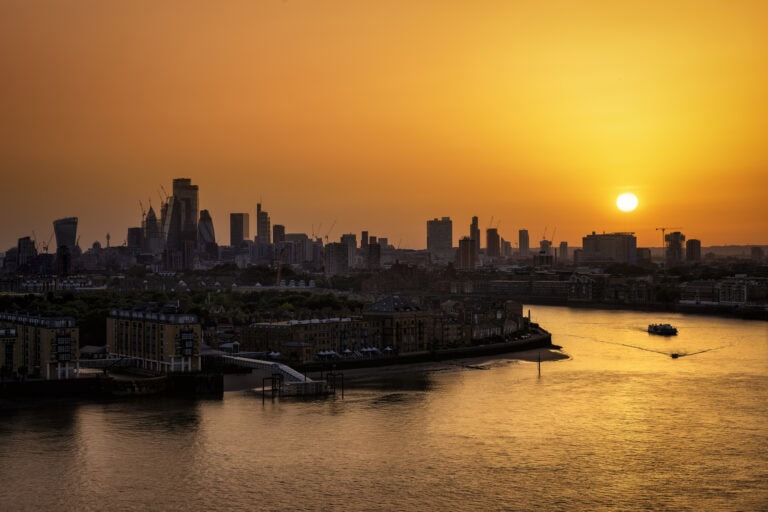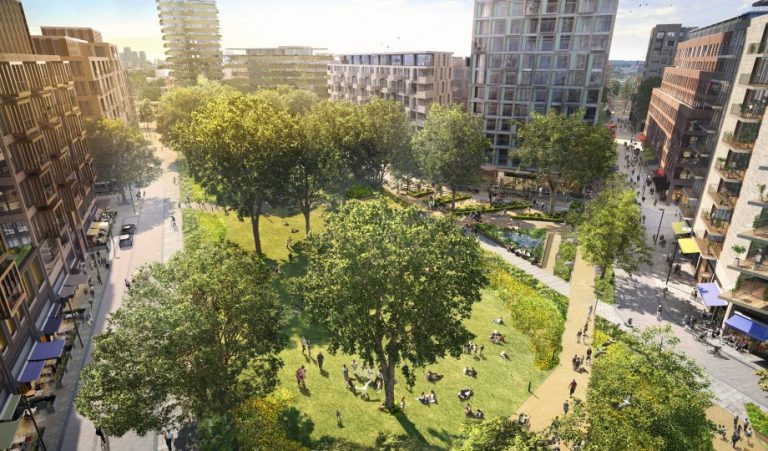Climate Resilience
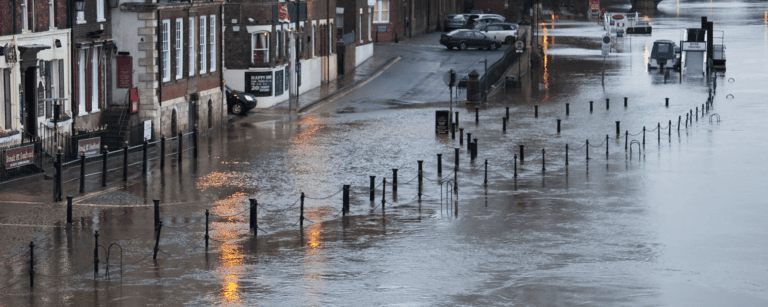
Our climate is changing, rapidly and dangerously. In the UK, climate change is causing hotter, driers summers and wetter, windier winters. These will have severe health, economic, and social impacts for our built environment and communities.
Together with our partners and members, UKGBC works across the sector and with Government to step up the speed and scale of action on climate resilience that better protects our homes and communities from the changing climate.
Why do we focus on climate resilience?
We are already experiencing the consequences of a 1.2ºC global temperature rise through more intense and frequent extreme weather across the UK. Those consequences are costing lives and livelihoods, now.
1.8 million homes are at significant risk of flooding, costing the UK economy £1.3 billion each year. Experts predict that a third of the English coastlines will face flood pressure by 2050. Storms Dennis and Ciara in 2020 saw 82,000 insurance claims for flood and wind damage, leading to more than £360 million paid out by insurers.
2.6 million people live in homes where excess cold poses serious and immediate risk to health and safety, costing the NHS £1.4 billion each year. In other seasons, 20% of homes currently experience overheating, even during relatively cool summers.
By 2050, threats posed by climate change could cost up to 4% of GDP – nearly twice the cost of the armed forces and more than the entire current UK budget deficit. The UK urgently needs to step up its efforts to build more resilient homes, towns, and cities.

What policies do we propose?
Make sure new homes are fit for purpose
Kick start a Nationwide Retrofit Campaign
Put climate resilience at the heart of planning
Invest in nature-based solutions
NAP3 Policy Scorecard
Published during COP28, this scorecard outlines where the government is falling behind on the need to create a resilient built environment. On five out of seven critical climate resilience priorities, UKGBC’s scorecard finds that the Government policies in its Third National Adaptation Programme (NAP3) are insufficient, flawed, or missing, placing millions of homes and buildings – and the lives of people occupying them – at serious risk of damage from climate-related disaster.
The scorecard analyses policies affecting both existing buildings and new builds and their adaptation to the most serious climate risks including water scarcity, overheating, flooding, and coastal erosion, awarding each a rating of green (progress in line with UKGBC recommendations) amber (positive or partial but insufficient progress) or red (failing to deliver or actively hindering progress). No areas received a green rating, indicating that the UK built environment is not sufficiently adapted to the present and future risks posed by any of the threats assessed by UKGBC.

Our work so far
Resources
The Nature Recovery and Climate Resilience Playbook
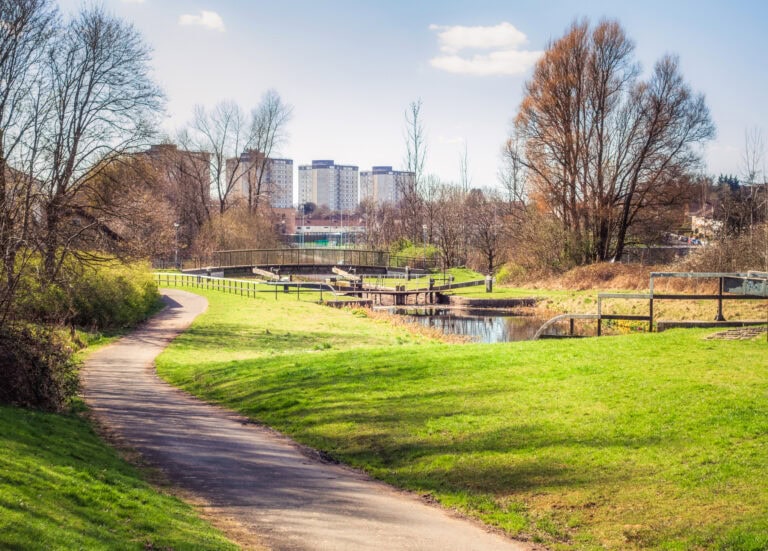
A Framework for Measuring and Reporting of Climate-related Physical Risks to Built Assets
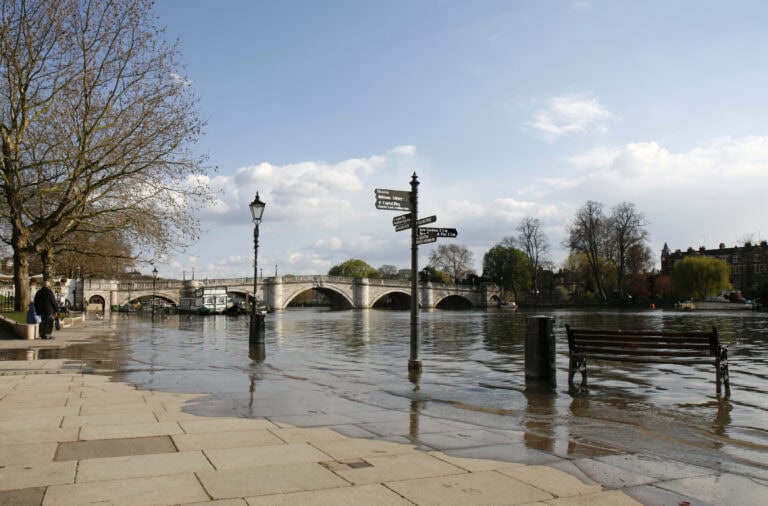
The Value of Urban Nature Based Solutions
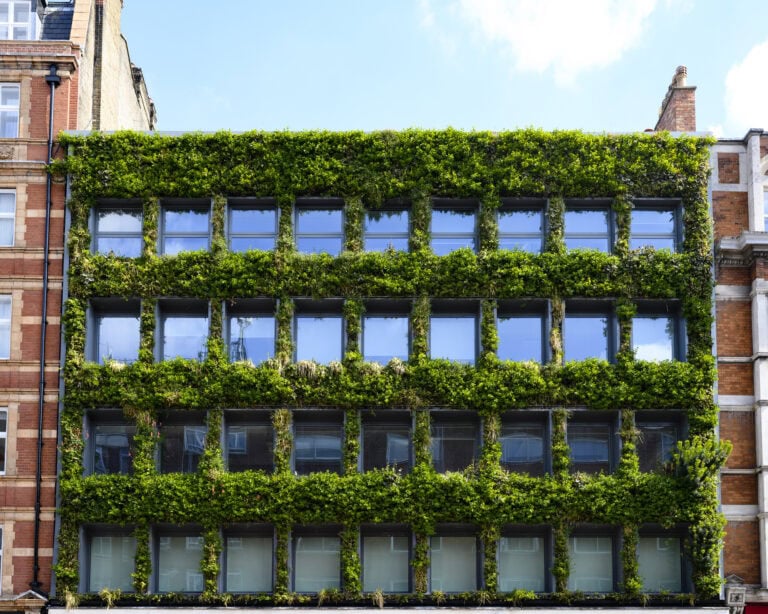
Climate resilience actor and resource map

Blogs
3 Key Policies – The UK isn’t built for this heat, the next Prime Minister must take this seriously
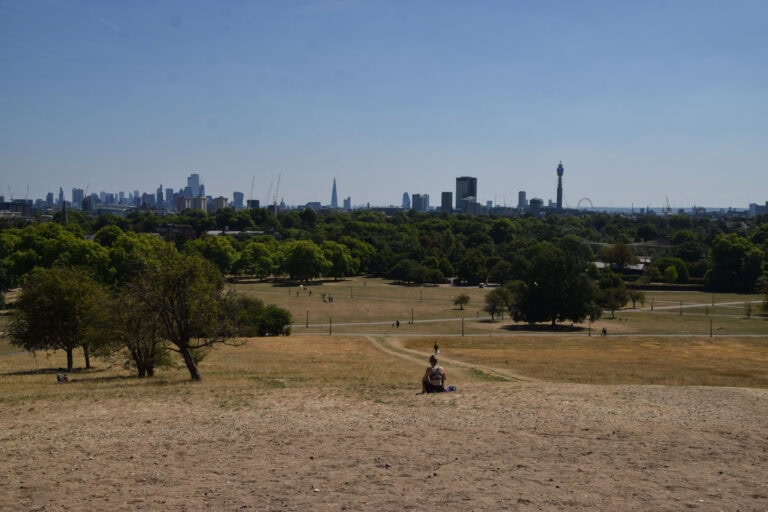
World Water Week 2022: The Current Crisis and Why Architects Need to Design with the Water Cycle in Mind
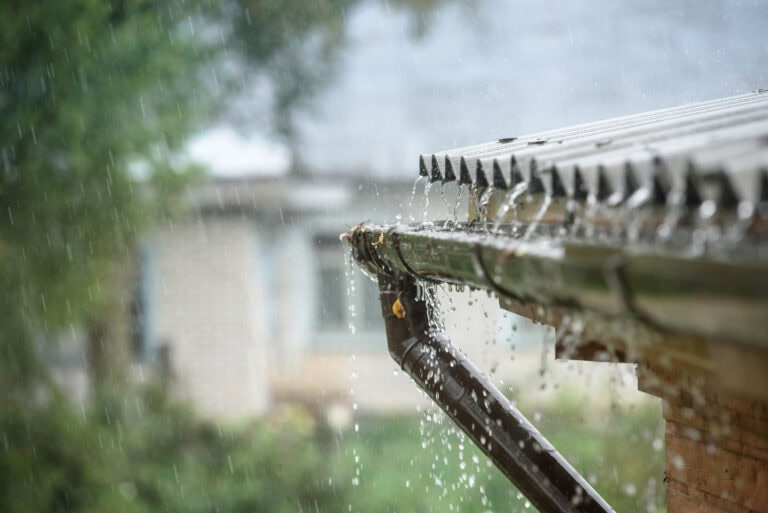
What does the recent IPCC report mean for the built environment and how can we build resilience?

How the urban heat island effect makes cities vulnerable to climate change
